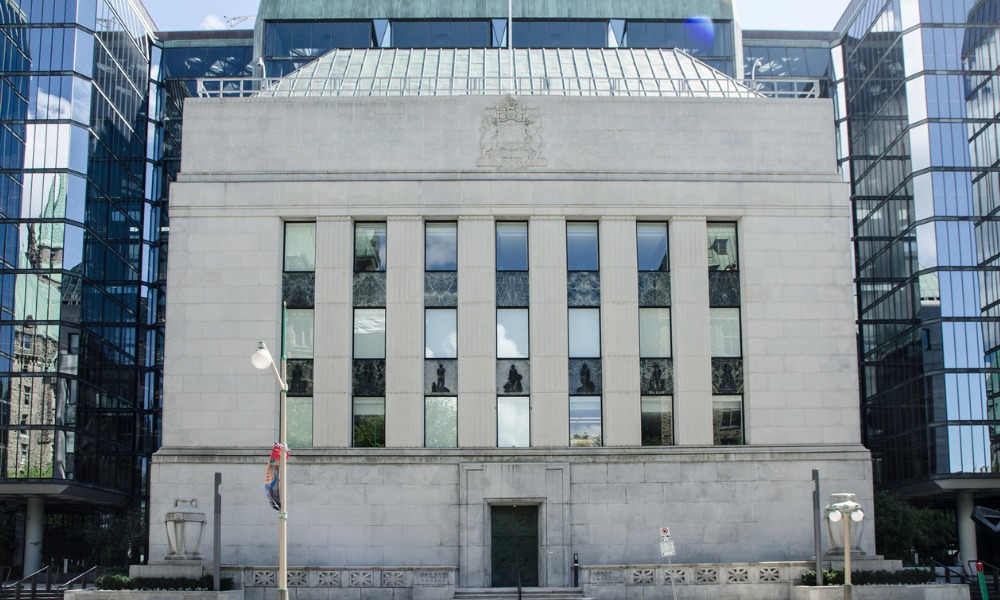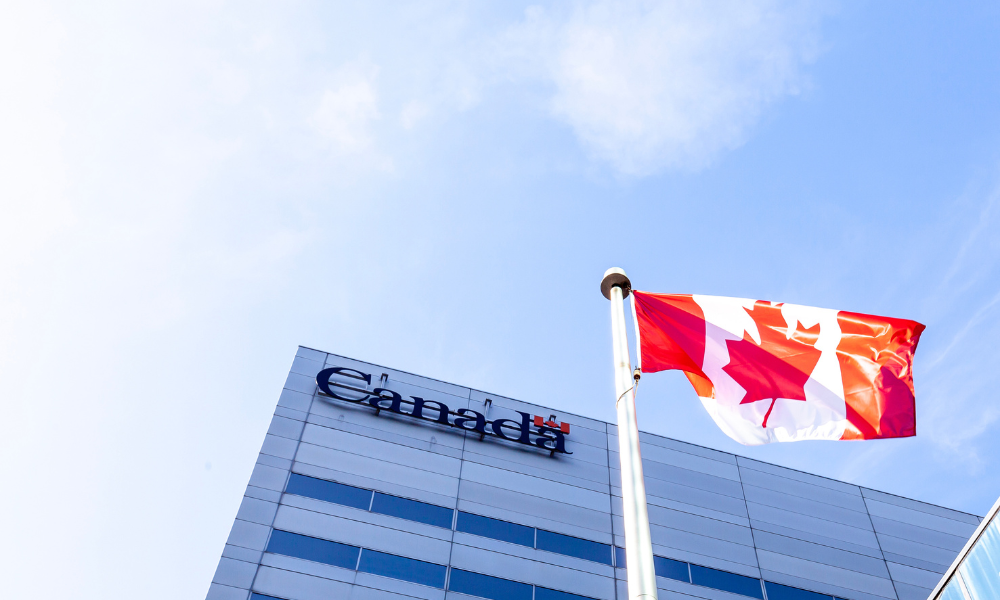Spike likely, says fixed income expert who warns it's too early to talk about a genuine inflation process

Inflation is being touted by many as a down-the-road risk if the economic recovery accelerates as expected.
As inflation trades appear to grow and central bank liquidity floods the market, it’s clear many investors are positioning for a spike and even a major shift in inflation policy.
Robin Marshall, director of Fixed Income, Global Investment Research, FTSE Russell said that, ultimately, we will need to distinguish whether higher headline rates of inflation are a spike, because of depressed energy prices and global supply chains being fragmented, or something more fundamental.
He believes the Bank of Canada, which is set to reassess its 2% inflation target at the end of 2021, will be relaxed about a temporary overshoot, although it will be keen to avoid a taper tantrum. Marshall said it’s possible Canada might see inflation reach 3% or 4% but still remain in spike territory.
He said: “We saw that before in 2010/11 and there is every reason you could get a little bit of a spike. But I think the important point is to distinguish that spike, a cyclical rebound, from a more fundamental change in the inflation process.
“Unless there’s a cost-push inflation process, where higher inflation feeds into higher wage demands, which feeds into higher inflation rates – the type of inflation that we saw in the in the 70s and 80s – I think central banks are going to be quite relaxed about a recovery and inflation.”
The Fed, of course, has already said it will tolerate an inflation overshoot and the BoC have been better at achieving their target. However, the last thing either will want are interest rates backing up sharply and “short-circuiting” the economic recovery to their forecasting of about 5% in 2021 after a contraction of about 5.5% in 2020.
Marshall added: “The fact is, central banks are obliged at the moment to keep very low rates in place, probably for the whole of this year, and maybe much of next year, to avoid economies dipping back into recession and to avoid the recoveries from COVID being short-circuited.
“That means there isn't an awful lot they can do about financial stability or asset price bubbles should they materialize.”
The fixed-income expert concedes asset bubbles are a likely risk and one central banks are happy to live with in order to preserve economic recovery with zero rate policy. He added: “Whether we're going to see a genuine inflation process develop, it’s still very early days to be talking about that. But it is likely we'll get a spike in 2021/22.”



